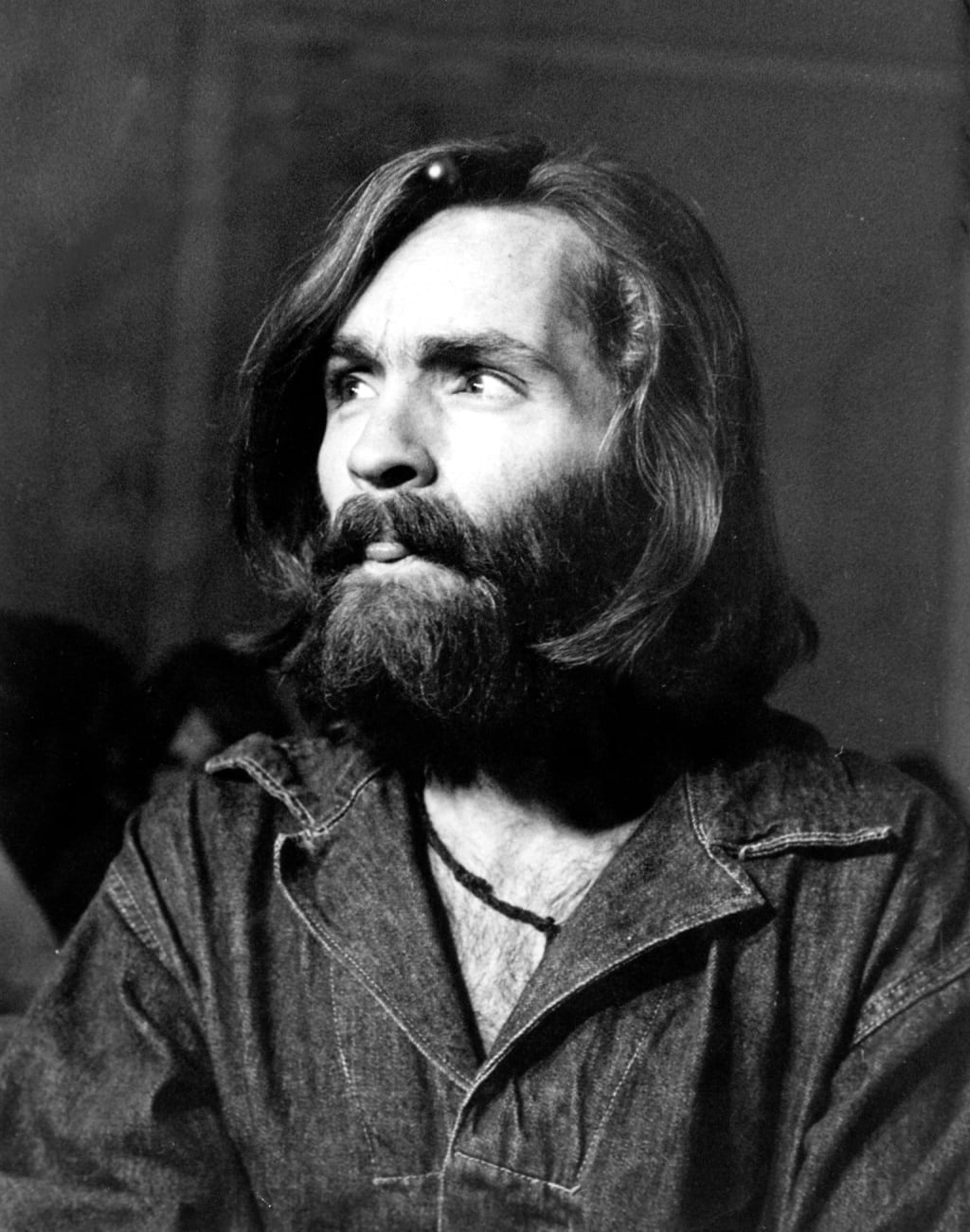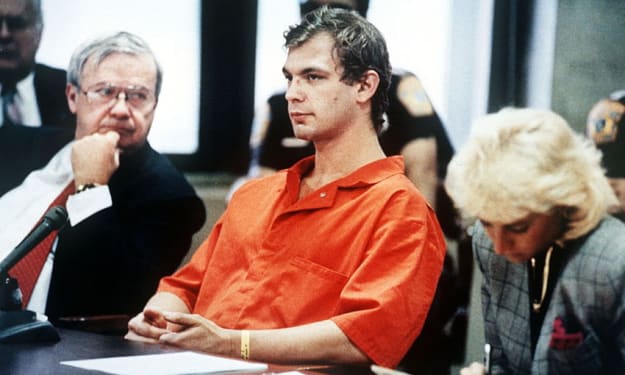Charles Manson: The Manipulative Mastermind Behind a Cult of Death
Real Life Story

Introduction:
Charles Manson, a name synonymous with evil and manipulation, is one of the most notorious figures in criminal history. As the leader of the Manson Family cult, he orchestrated a series of heinous murders that shocked the world in the late 1960s. This article delves into the life, ideology, and chilling crimes of Charles Manson, exploring the complex factors that shaped his twisted worldview and the legacy he left behind.
Early Life and the Seeds of Manipulation:
Charles Milles Manson was born on November 12, 1934, in Cincinnati, Ohio. His childhood was marked by a turbulent upbringing, characterized by neglect, abuse, and multiple stints in correctional facilities. These early experiences laid the foundation for Manson's twisted psyche and his manipulative tendencies.
Manson was a charismatic and persuasive individual who learned to exploit vulnerable individuals through charm and psychological manipulation. He honed his manipulative skills during his time in prison, studying self-help books and delving into esoteric philosophies that would later become the basis of his cult's twisted ideology.
Formation of the Manson Family:
In the late 1960s, Manson established a commune-like group known as the Manson Family, which comprised mostly young women who were drawn to his magnetic persona and promises of spiritual enlightenment. Manson exploited their vulnerabilities, playing on their desire for a sense of belonging and purpose.
Under Manson's influence, the Family became deeply immersed in his warped beliefs, which blended elements of Christianity, occultism, and apocalyptic visions. He convinced his followers that he was a messianic figure, with a grand plan to incite a race war known as "Helter Skelter," which he believed was prophesied in the Beatles' song.
The Tate-LaBianca Murders:
In August 1969, Manson ordered his followers to carry out a series of brutal murders that would become infamous as the Tate-LaBianca murders. On the night of August 8, Manson's followers invaded the home of actress Sharon Tate, who was eight months pregnant, and brutally murdered her and four others. The following night, they killed Leno and Rosemary LaBianca in their home.
The motives behind these murders were twofold: to incite a race war by framing the crimes as racially motivated and to create chaos and fear in society. The sheer brutality and senselessness of the killings sent shockwaves through the nation, shattering the idealized image of peace and love that had defined the 1960s counterculture.
Trial and Cultural Impact:
Manson and several of his followers were apprehended and charged with murder. The trial, which began in 1970, captivated the nation. Manson's erratic behavior, including carving an "X" into his forehead and his attempts to disrupt the proceedings, only added to the macabre fascination surrounding his case.
Despite not directly participating in the murders, Manson was found guilty of first-degree murder and conspiracy to commit murder. He was initially sentenced to death, but his sentence was commuted to life imprisonment following the abolition of the death penalty in California in 1972.
Charles Manson's influence extended beyond the courtroom. His charismatic persona, coupled with the shocking nature of the crimes, left an indelible mark on American culture. Manson became a symbol of the dark side of the counterculture movement, representing the dangers of blind devotion and the potential for manipulation and violence.
Psychological Profile and Legacy:
Charles Manson's psychological profile has been the subject of extensive study. Experts have diagnosed him with various personality disorders, including antisocial personality disorder and narcissism. Manson's ability to manipulate vulnerable individuals and instill unquestioning loyalty in his followers demonstrates his mastery of psychological coercion.
Manson's legacy serves as a chilling reminder of the power of manipulation and the dangers of charismatic leaders who exploit the vulnerabilities of others. His crimes shattered the innocence and idealism of an era, exposing the depths of human depravity.
Conclusion:
Charles Manson's life and crimes leave an indelible mark on the annals of criminal history. His ability to manipulate, seduce, and control those around him created a cult of death that inflicted unimaginable pain and terror. Manson's legacy is a stark reminder of the potential for darkness that lurks within humanity and the importance of remaining vigilant against those who seek to exploit and manipulate for their own twisted desires. By studying the complex factors that contributed to Manson's rise, we can strive for a society that identifies and addresses the vulnerabilities that make individuals susceptible to manipulation and prevents the rise of such destructive figures in the future.
About the Creator
Zakria Mirza
My multifaceted abilities as a writer and leader shine brilliantly. With a dazzling literary prowess that captivates and mesmerizes, my words possess an exquisite eloquence, leaving readers spellbound.






Comments
There are no comments for this story
Be the first to respond and start the conversation.